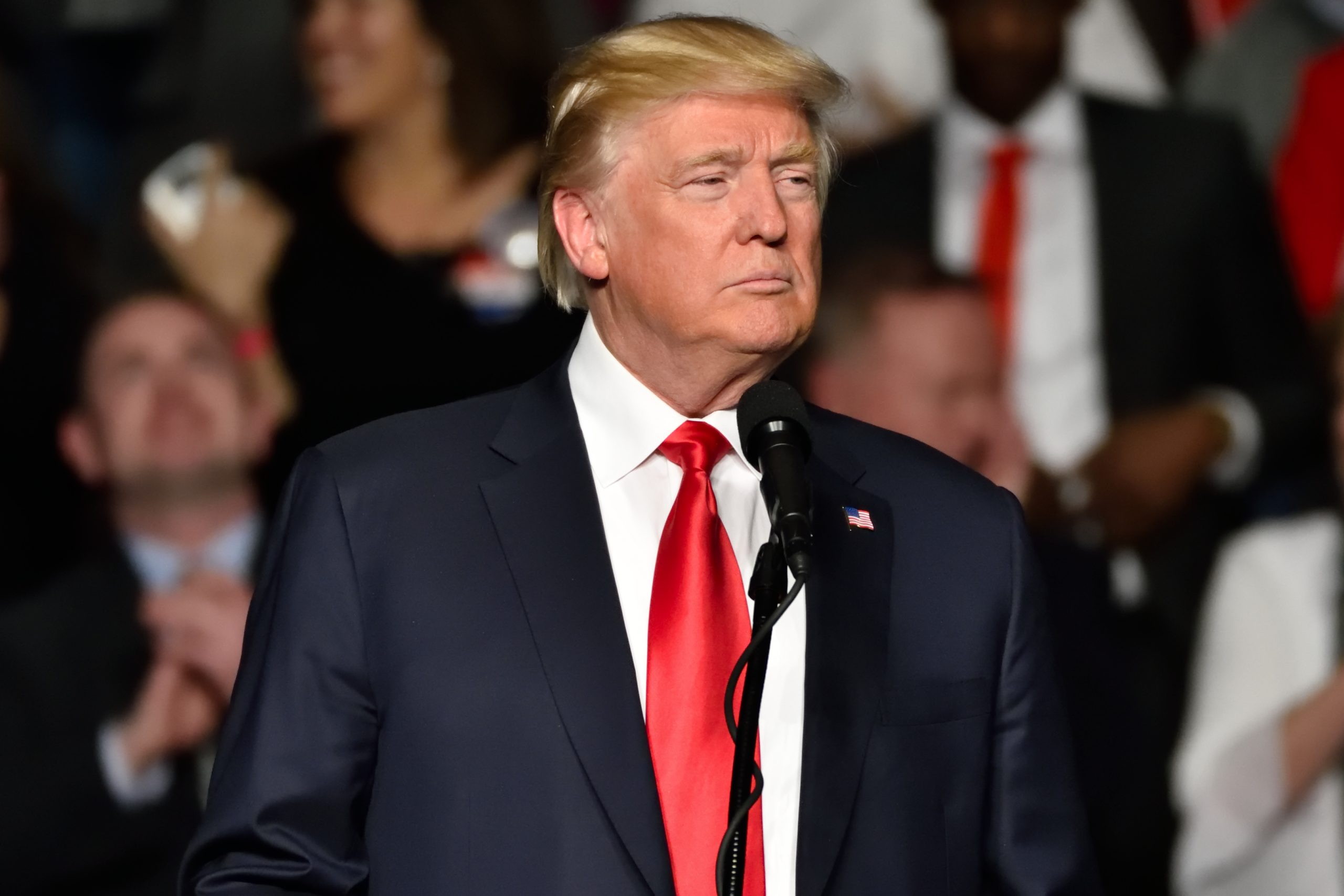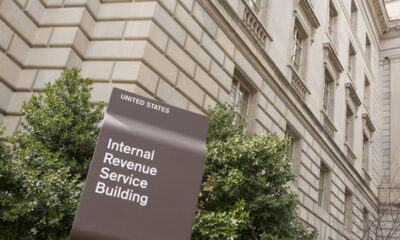Trump Legal Team Challenges Maine Secretary’s Impartiality

On Wednesday, attorneys representing President Donald Trump in his battle with Democrat state officials in Maine regarding his eligibility for the state’s 2024 ballots unequivocally demanded that Maine Secretary of State Shenna Bellows recuse herself from being involved in the matter.
The legal demand letter calling for her recusal cited Bellows’ “personal bias” against President Trump. It describes her obviously prejudicial public statements about the events of January 6, 2021. In several social media posts, including several to X, formerly Twitter, Bellows described the protests and Trump’s public speech that date as amounting to an “insurrection” against the federal government. Accordingly, the Trump attorneys argue she cannot possibly act impartially in participating in a ruling regarding the 45th president’s 2024 eligibility.
Maine state laws call for a process that differs from the other states that have already made various decisions about the applicability of the 14th Amendment to President Trump. Its process empowers the secretary of state to make the initial ruling on ballot eligibility when any candidate’s qualifications are questioned. Thereafter, appeals go forward in Maine state courts.
However, the law gives some level of precedential value to the secretary’s initial decision.
The letter demanding Bellows’ recusal lays out three specific instances where Bellows expressed extreme prejudice against President Trump in a very public manner. She has made highly biased references to the failed impeachment efforts mounted by former House Speaker Nancy Pelosi (D-CA) against Trump and the anniversary dates of January 6.
Drawing parallels between Bellows’ statements and the challengers’ arguments, Trump’s legal team contends that Bellows has effectively endorsed the core assertions against Trump, thereby compromising her ability to conduct a fair hearing. They argue that this perceived partiality contravenes the expectations of impartiality set by Maine’s legislature and courts.
The Trump campaign, in a broader context, has been vocal in condemning efforts to remove his name from primary ballots as “blatant election interference” and a “disregard for the civil rights of millions of American voters.” This narrative, echoed in the recent campaign email shared by Trump, frames the ballot eligibility issue as a battle for constitutional rights and fair electoral processes.
While Bellows’ response to the demand for recusal remains uncertain, the implications of her decision are profound. The outcome not only affects Maine’s ballot but also resonates with ongoing legal confrontations in other states. Recent rulings in Colorado and Michigan, each taking a different stance on Trump’s eligibility, highlight the divided legal landscape Trump navigates in his 2024 campaign journey.
As Trump faces a packed legal calendar, including charges related to the 2020 election in Georgia and investigations into the matters of January 6, the impending Maine decision stands as a crucial crossroads in the ongoing attempts by Democrats to subvert democracy and the fundamental right of every American to vote for the political candidates of their choice.






















